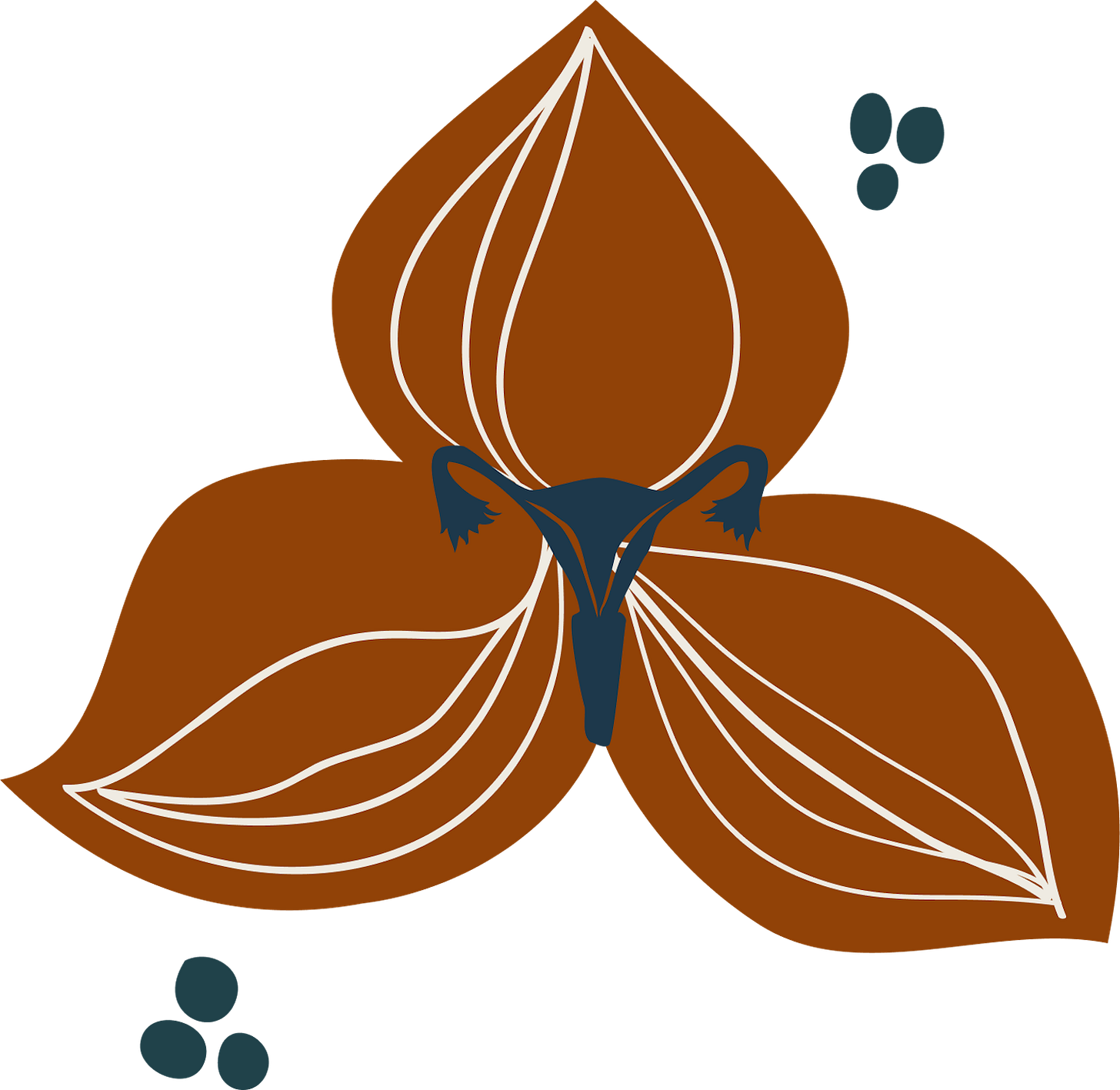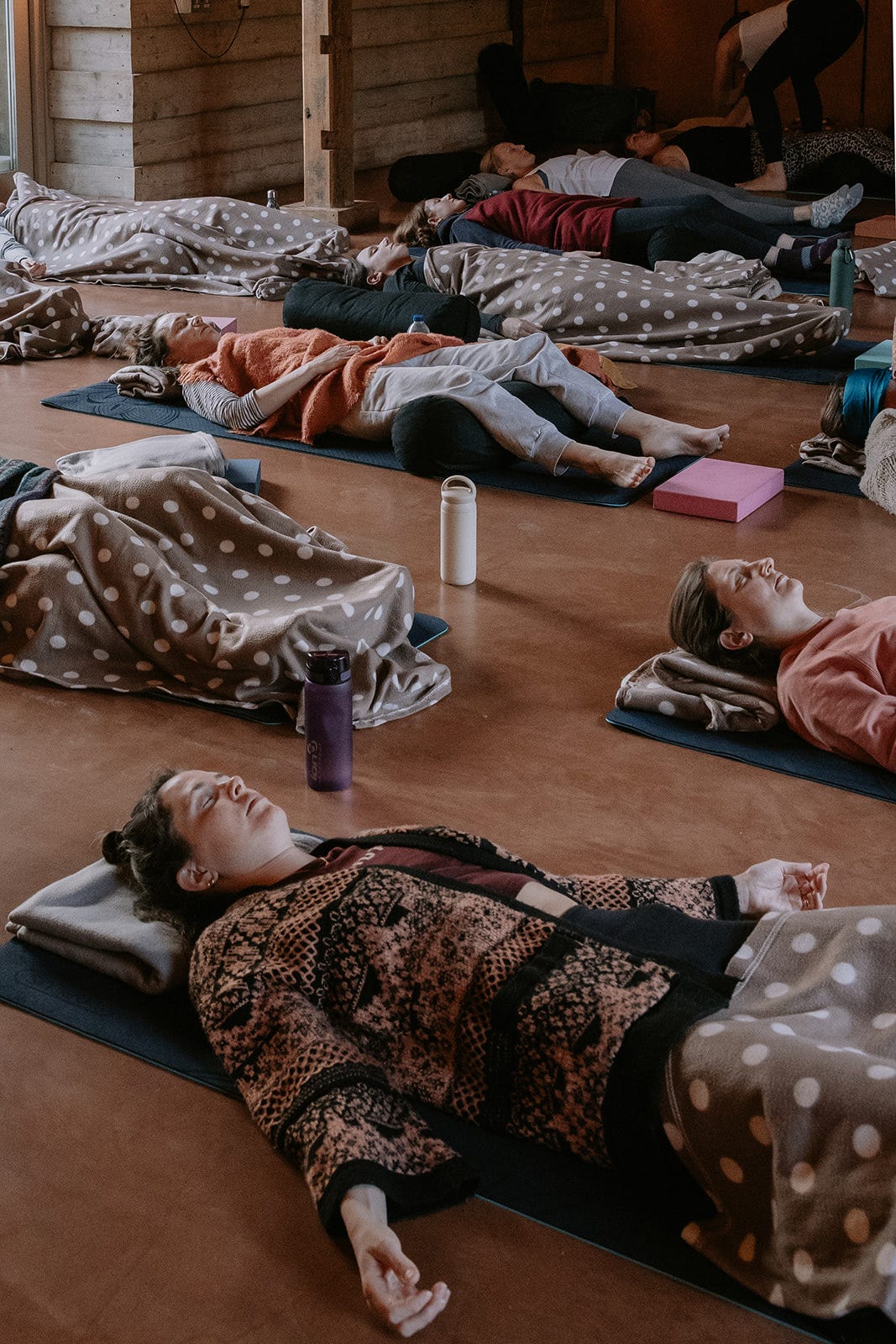What rest actually is, and how I learnt to do it
{REST series} Giving up on the already exhausted will {guest post from Chloe George}
Welcome our January series of guest posts on REST in all its many forms.
I wanted to offer this series of a number of reasons:
𖥸 I needed it! I needed to recharge and replenish after what has been a massively full-on year. I always feel that January is not the best time to start new projects or plans, it is still so liminal, we are still in dream-time. I wanted to share that energy with you all.
𖥸 I also needed a break from writing weekly posts myself. I needed space to think. To write some longer-form work, work on my memoir. I believe it is important to model a way of working and sharing that acknowledges that we are not automatons, that there is ebb and flow to our creative energy and output. That this isn’t a weakness or a failure, that it is ok.
𖥸 I also was super excited to share this platform with other women who are writing and working in ways that excite and inspire me.
To learn more about the upcoming posts and shares by Lauren Barber and Clare Mulvanyas well as the bonus content from these guests (including nourishing gifts from Chloe George this Sunday) for you as a paid member, head to the Membership Hub.
You’ll also find dates for the upcoming W O O D Element Sessions, plus dates for the next round of Sitting in the Dark morning writing sessions, which I’ll share more about soon, but for those of you who want to put dates in a diary, they are here for you!
Ok, let’s begin. Here are some wise words on REST from the gorgeous Chloe George.
After I’d had my first baby, I was too anxious to nap. I was exhausted by night feeds and my own insomnia, but when I got the rare chance to lie down, I felt too wired to sleep. Lying on the bed, heart hammering due to the pressure to drift off in a short window of time which would soon be interrupted anyway, it felt impossible to get the rest I needed.
Around that time something saved me, and it’s called yoga nidra. A sort of lying down meditation, it’s meant to relax your body and the inner layers of your being: your thoughts, emotions and intellect. Rather than lying and listening to my exhausted, repetitive brain, I could listen to a set of instructions that calmed the different parts of me. Often I would sleep, sometimes only for a few minutes, other times I didn’t sleep but I felt calmer and more rested afterwards.
In those days rest was survival. I got better at ignoring the housework because I was more fearful of breaking down than I was about having a messy kitchen. I rested when I could because it felt like I had no choice.
Rest was a kind of life hack, and as the years passed and I began to get more sleep, it felt like a card I could pull out if I was extra tired or stressed. There was a few problems with this approach: sometimes, of course, I simply didn’t have the opportunity to rest, because I was caring for a toddler all day who no longer napped, or because I was working, or a combination of the two. At other times - frequently, constantly - I “overdid” it. I’d worked or given too hard, juggled too many plates and the overwhelm or exhaustion would set in, or I would get ill. It felt like a cycle of boom-bust, of feeling great then hitting the accelerator too hard then feeling shit then feeling ok and starting the cycle all over again.
I thought I understood rest, but actually my relationship with rest was purely transactional: restoring myself in order to floor myself, over and over again.
This approach came with an underlying belief that I could only really allow myself to receive it if I felt I deserved it. Years went by before I heard Tricia Hersey suggest an alternative, much more radical idea: that I deserve to rest regardless of what I achieve, and so do you.
It’s such a simple idea and one so antithetical to our output-focussed culture. Even though there’s been a shift in our culture towards a better work-life balance, we still often feel shame if we feel like we’re not achieving enough. Decoupling productivity from worthiness can take years.
The idea that I deserve to rest regardless of what I achieve is a wonderful one, but my brain so often argues with it. Something that feels more workable for me is the idea that my body knows when I need to rest more than my mind does, with the definition of mind in this instance as the conditioned ideas I have about how much rest I should need. In comparison my body is an extremely sophisticated set of systems that can tell me when I need to rest. Recognising this helps me to quieten the voice that might be shouting things like but you slept ok last night! But you’ve just been on holiday! But you barely did anything yesterday! It brings an element of neutrality - rest is just something we need to do, in the way that all other animals need to rest too.
Some of us need more rest than others, and each of us will need more or less rest, or different kinds of rest, at different points in our lives. Each of us becomes depleted to different degrees by socialising, noise or other sensory overwhelm, stress, mental load, uncertainty, conflict, illness, change, grief, negotiating, organising, emotional exchanges. Ideally we respect our need to rest without comparing ourselves to others.
Rest isn’t just lying down - staring out the window, pottering at home, going for a walk, choosing to peruse the inside of a shop rather than rushing home to do chores, meeting a friend for a cup of tea just because are all things that fit into a broad definition of rest (Saundra Dalton-Smith suggests that there are seven types of rest: physical, mental, sensory, creative, emotional, social and spiritual). I know if I’ve chosen rest because it can feel ostensibly frivolous or unproductive, or give me “nothing to show for it” afterwards - nothing I could hold brag about or send an invoice for - along with a sense of having been nourished by something.
When time is short, when we have caring responsibilities or financial limitations or a very busy working life, we have to get creative about weaving in small pockets and creative kinds of rest, resistance to the idea of constant achievement and growth. The more privilege we have, the more possibility there is for rest, but also some of the most privileged people I know are the least rested. Even when there are many constraints, there is almost always a margin for choosing rest.
I suspect I we fear that if we rest, we might give up entirely, that we might never achieve anything or want to lift a finger again. I think that’s highly unlikely, but rest can be radical because, once we feel rested, we do often want more; that is, our bodies recognise how good we feel when we rest and what we might need more of. If we got the opportunity to have a life where rest was incorporated, that might mean quite a radical shift in the fabric of our lives, in how much paid work we do and how much we play, create, talk to our neighbours, laugh, share, linger and slow down.
We fear that rest means passivity but rest can be more or less active, or enable activity (I think we can acknowledge this and not slip into coupling rest with productivity again). Rest is mysterious because we don’t know what will happen when we give ourselves over to it, and ultimately all we can choose to trust in the process of it. Hard as it can be, rest starts when we choose to believe our body when it tells us what it needs, sowing the seed of our inherent worthiness regardless of what we do or do not produce. With each micro-choice taken in service to rest, we bring balance back to our lives, remembering our human-ness, our birthright to be as well as do, a reclaiming of something every one of us has a right to.
Chloe will be sharing some journalling prompts and a yoga nidra this Sunday for paid subscribers.
Chloe George writes Being and Moving here on Substack and is a postnatal doula and a yoga teacher from south east London, England. As well as classes and retreats in the UK and abroad, she teaches a popular two hour monthly restorative yoga session called Nap Club. Find out more on her Substack, or head to her website.
The subtitle for this piece is taken from David Whyte’s essay on rest.
Photo credits Marta Ilardo taken on retreat at West Lexham, Norfolk.









